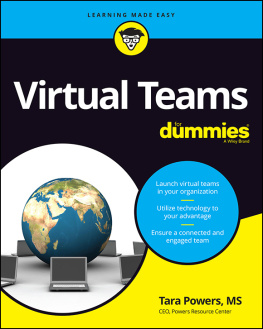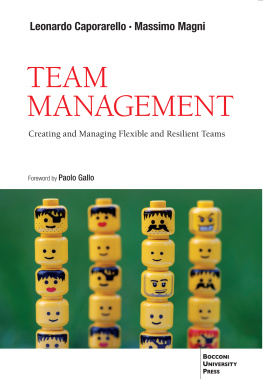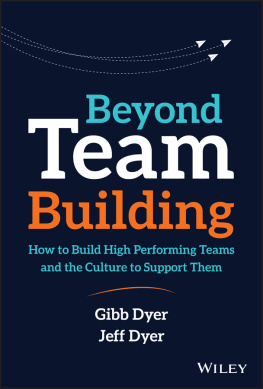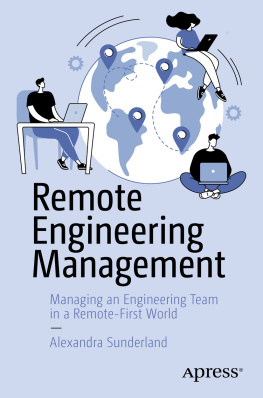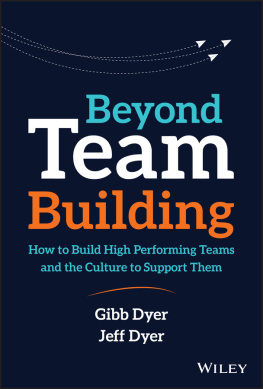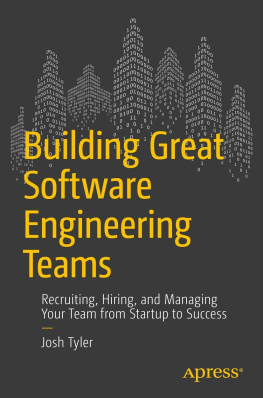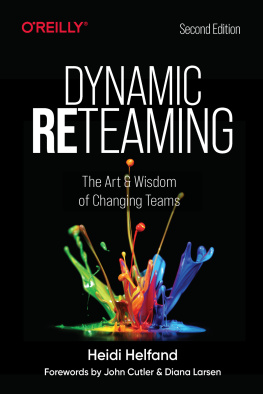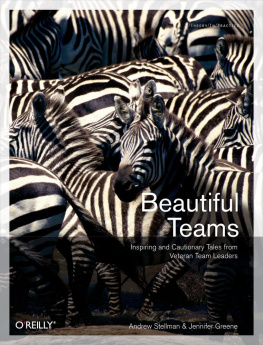Alexander Grosse - Scaling Teams: Strategies for Building Successful Teams and Organizations
Here you can read online Alexander Grosse - Scaling Teams: Strategies for Building Successful Teams and Organizations full text of the book (entire story) in english for free. Download pdf and epub, get meaning, cover and reviews about this ebook. year: 2016, publisher: OReilly Media, Inc., genre: Home and family. Description of the work, (preface) as well as reviews are available. Best literature library LitArk.com created for fans of good reading and offers a wide selection of genres:
Romance novel
Science fiction
Adventure
Detective
Science
History
Home and family
Prose
Art
Politics
Computer
Non-fiction
Religion
Business
Children
Humor
Choose a favorite category and find really read worthwhile books. Enjoy immersion in the world of imagination, feel the emotions of the characters or learn something new for yourself, make an fascinating discovery.
- Book:Scaling Teams: Strategies for Building Successful Teams and Organizations
- Author:
- Publisher:OReilly Media, Inc.
- Genre:
- Year:2016
- Rating:5 / 5
- Favourites:Add to favourites
- Your mark:
Scaling Teams: Strategies for Building Successful Teams and Organizations: summary, description and annotation
We offer to read an annotation, description, summary or preface (depends on what the author of the book "Scaling Teams: Strategies for Building Successful Teams and Organizations" wrote himself). If you haven't found the necessary information about the book — write in the comments, we will try to find it.
Publisher: OReilly Media
Publication Date: January 11, 2017
ISBN: 978-1491952276
Request #1562546618.58741
This practical guide helps you navigate through several aspects of team management that can change considerably as your team expands, including people management, organization structure, communication, hiring, and culture. Ideal for managers building teams or departments consisting of roughly 10 to 150 people, this book covers strategy and tactics for managing growth.
Engineering leaders David Loftesness and Alexander Grosse begin with an example of a single engineering team, which represents an independent startup or an autonomous group within a larger company. From there, they take you through typical scaling points as the company or department grows in size and complexity. Scaling Teams also incorporates advice and lessons-learned from several engineering leaders.
Leading a fast-growing team is a uniquely challenging experience. Startups with a hot product often double or triple in size quicklya recipe for chaos if company leaders arent prepared for the pitfalls of hyper-growth. If youre leading a startup or a new team between 10 and 150 people, this guide provides a practical approach to managing your way through these challenges.
Each section covers essential strategies and tactics for managing growth, starting with a single team and exploring typical scaling points as the team grows in size and complexity. The book also provides many examples and lessons learned, based on the authors experience and interviews with industry leaders.
Learn how to make the most of:
- Hiring: Learn a scalable hiring process for growing your team
- People management: Use 1-on-1 mentorship, dispute resolution, and other techniques to ensure your team is happy and productive
- Organization: Motivate employees by applying five organizational design principles
- Culture: Build a culture that can evolve as you grow, while remaining connected to the teams core values
- Communication: Ensure that important informationand only the important stuffgets through
Alexander Grosse is currently the VP of Engineering at issuu. Previously, he was the VP of Engineering at SoundCloud and the R&D director at Nokia.
David Loftesness formerly managed engineering teams at Twitter, Xmarks, A9, and Amazon. Currently he is a dad, advises startups, mentors new managers, and writes stuff down.
Alexander Grosse: author's other books
Who wrote Scaling Teams: Strategies for Building Successful Teams and Organizations? Find out the surname, the name of the author of the book and a list of all author's works by series.



